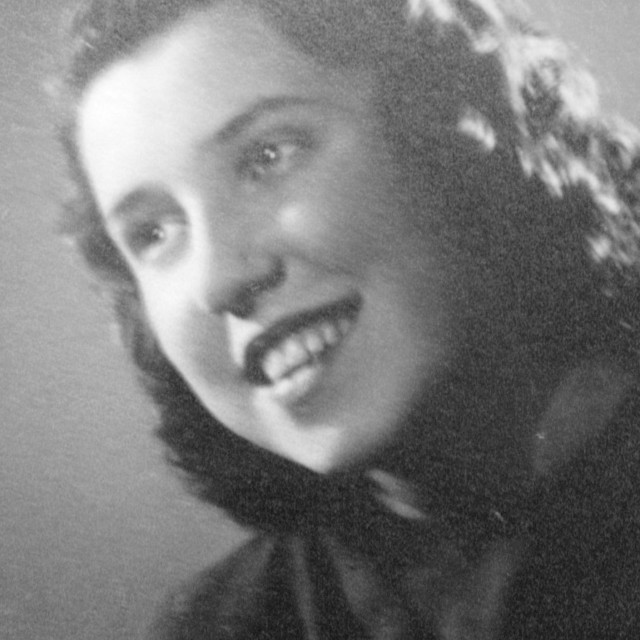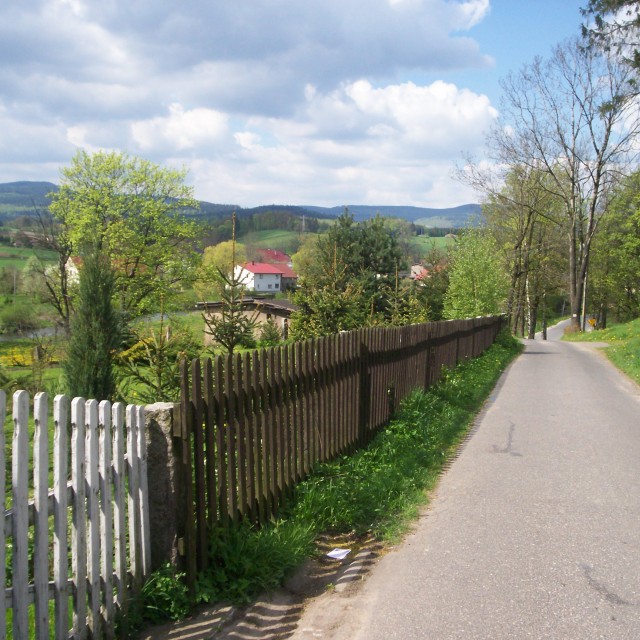If you worked outside, you were lucky.
Jana Dubová was luckily chosen into a group of about a hundred girls that made it out of Auschwitz after just a couple of weeks. They were selected to work in a flax processing factory in Merzdorf, (in Polish Marciszów). Jana recalled: "Billions of bedbugs waited for us there. You couldn't hide a piece of bread there for the night because it would be full of bedbugs till the morning. And you have no idea how bad bedbugs stink - they reek." Jana was lucky because she got to work outside, even though it was hard work: "We were loading and unloading railway cars. It was heavy work, normally it would be done by men." As she worked outside, she got a pair of pants and did not have to spend the winters without stockings. The girls that worked outside also had somewhat higher food rations and a bit more bread. Therefore, they were in general a bit tougher and a little healthier. In the winter, the hands of the working women would sometimes freeze to the pitchfork. Jana remembers one of the female guards who was nicknamed "Vdovička," (little widow). She tried to help the girls. She got them a few gloves that the girls shared among each other, or she would sometimes take them to the barn, where the starving inmates could eat at least a few flax seeds.
Hodnocení
Hodnotilo 0 lidí
Routes
Not a part of any route.
Comments
No comments yet.






